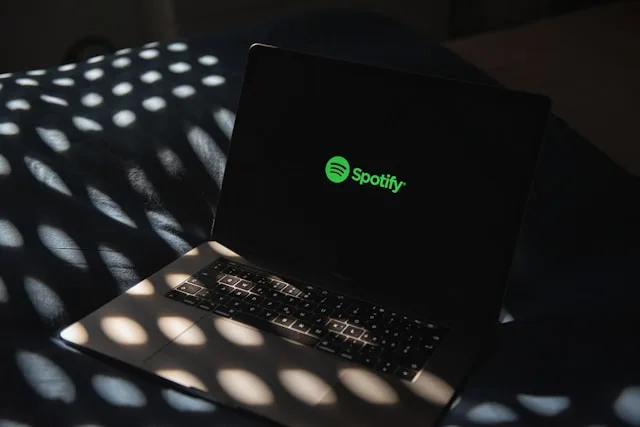Spotify faces pressure to label AI-generated music after fake band Velvet Sundown racks up 1m streams
They looked like the next big thing in folk rock. The Velvet Sundown dropped two albums in June, quickly racked up over a million Spotify streams, and sparked online buzz with their haunting harmonies reminiscent of Crosby, Stills, Nash & Young. But the band wasn’t real.
Every lyric, image, and even their backstory was generated by AI — a revelation that stunned listeners and alarmed music industry insiders. The controversy has now ignited urgent calls for mandatory labelling of AI-created music across streaming platforms.
Initially promoted as a mysterious, human-led folk outfit, The Velvet Sundown later admitted they were a synthetic art project powered by generative AI tool Suno, described cryptically as “not quite human, not quite machine.” The group first denied the claims, even alleging their identity was “hijacked,” before confirming the AI-generated nature of their work in a cryptic online post.
“The present situation lacks transparency,” said Roberto Neri, CEO of the Ivors Academy. “Audiences deserve to know when they’re listening to music not made by humans.”
Neri warned of serious concerns over authorship, transparency, and copyright, arguing that current laws don’t require platforms like Spotify to inform users when a song is AI-generated — leaving independent artists especially vulnerable.
Embed from Getty ImagesAt the heart of the issue is the training process. It’s unclear whose music fed the algorithms that created The Velvet Sundown’s sound. Critics fear AI-generated bands are learning from, and profiting off, the work of real musicians — without consent or compensation.
“It’s not just pop stars being copied,” said Liz Pelly, author of Mood Machine. “Independent artists are at risk of exploitation.”
She referenced a 2023 case in which an AI-generated track mimicking The Weeknd and Drake went viral before being removed for copyright infringement. Similar questions now surround The Velvet Sundown — who created them, what datasets were used, and why it took so long to reveal the truth.
Sophie Jones, chief strategy officer at the British Phonographic Industry (BPI), has called on the UK government to enact new transparency rules and copyright protections for AI in music.
“AI should serve human creativity, not replace it,” she said. “We must protect artists and listeners.”
Other platforms have already moved. French streaming service Deezer now tags AI-generated content and uses software to detect fraudulent streams. Up to 70% of AI music plays on the platform are suspected of being bot-driven manipulation, according to Deezer’s Aurélien Hérault.
“During this phase of AI normalisation, users must be told when they’re listening to AI,” Hérault said.
Spotify, by contrast, has no policy to label AI-generated music. The platform has previously faced scrutiny for featuring “ghost artists” in playlists — faceless creators producing generic stock music, often at lower royalty rates. When pressed, Spotify stated that “all content, including AI music, is uploaded by licensed third parties” — dodging accountability over disclosure.
Neri believes the UK has a unique opportunity to lead the world in ethical AI music adoption, but warned that urgent regulation is essential.
“Without safeguards, we risk repeating the mistakes of the streaming era — where tech giants win, and artists lose.”
As AI tools continue evolving, music’s future may depend less on melody and more on metadata — and the right to know who, or what, you’re listening to.
